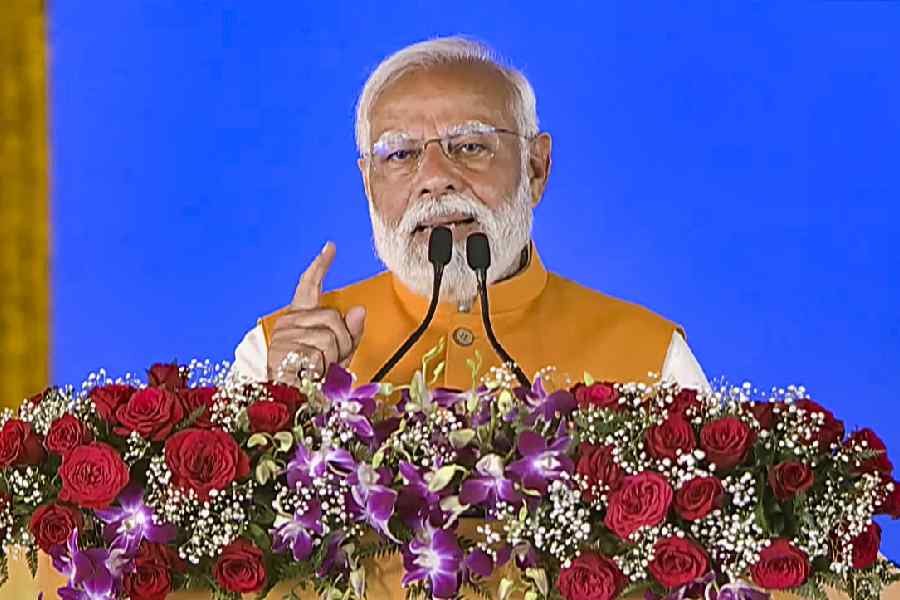The Union home ministry on Tuesday launched an online portal for those eligible to apply for Indian citizenship under the Citizenship (Amendment) Act 2019 (CAA), a day after notifying rules for contentious amendments to the citizenship law.
Opposition parties have slammed the Narendra Modi government for the “polarising and divisive step” and said the move was aimed at diverting attention from the controversy over electoral bonds and the issues of unemployment and price rise.
Amid growing criticism over the CAA being discriminatory and “anti-Muslim”, the Union home ministry on Tuesday said the law was needed to “show mercy on the persecuted minorities of those three countries (Bangladesh, Pakistan and Afghanistan)”.
“Indian Muslims need not worry as CAA has not made any provision to impact their citizenship and has nothing to do with the present 18 crore Indian Muslims, who have equal rights like their Hindu counterparts," the ministry said.
The ministry added: “No Indian citizen would be asked to produce any document to prove his citizenship after this Act.”
“Due to the persecution of minorities in those three Muslim countries, the name of Islam was badly tarnished all around the world. However, Islam, being a peaceful religion, never preaches or suggests hatred/violence/any persecution on religious grounds. This Act, showing compassion and compensation for the persecution, protects Islam from being tarnished in the name of persecution,” it said.
Applicants for Indian citizenship under the CAA can submit any of nine documents, including valid or expired passports, ID cards and land tenancy records, to prove he or she is a national of Afghanistan or Bangladesh or Pakistan, among others.
The applicants can also submit any document such as a copy of visa and immigration stamp on arrival in India, a certificate issued by an elected member of any rural or urban body or a revenue officer to prove that he or she had entered India on or before December 31, 2014.
Applications will be submitted in a completely online mode on a dedicated web portal named Indian Citizenship Online. The applicant will have to submit an application for registration under Section 6B in electronic form to the empowered committee through the district-level committee as may be notified by the Centre.
The district-level committee, headed by the designated officer, shall examine the validity of the applications filed under the Act. The designated officer shall administer the oath of allegiance to the applicant after due verification of the documents. Following this, the officer will sign the oath of allegiance and forward it in electronic form along with confirmation regarding the verification of documents to the empowered committee.
After the oath of allegiance, the district-level committee will inform the empowered committee about it online and forward the documents. The empowered committee will then scrutinise the application and either approve or reject the application for citizenship.
The applicant will be given a digital certificate of citizenship if he has not specifically asked for an “ink-signed copy” at the time of application. One will have to collect it from the office of the empowered committee, which is the director of census operations in the state capital.
Those who are granted citizenship by registration or naturalisation under Section 6B of the Citizenship Act will be deemed to be a citizen of India from the date of their entry into India.











